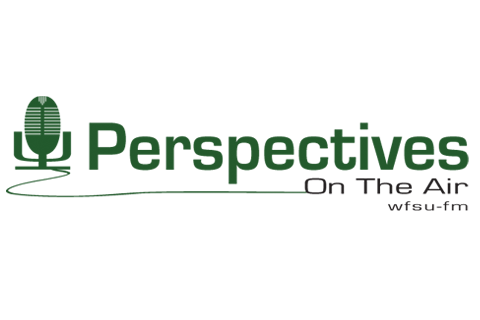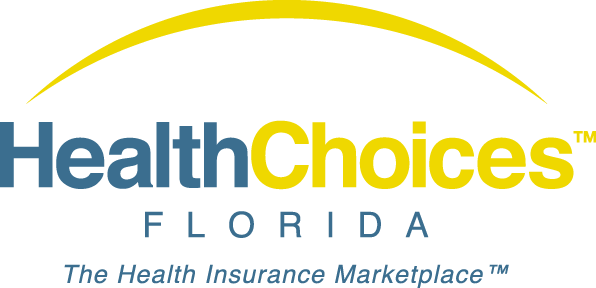Almost one year ago, I wrote a blog titled “What’s in a brand?” In it, I reviewed Florida Health Choices’ first use of the tagline “Health Insurance Marketplace,” the reason it was chosen as our official slogan, and our efforts to develop and protect the brand. A few days later, on January 30, 2015, attorneys…

Is This the Age of Consumerism?
As a guest of Tom Flanigan on NPR’s Perspectives last month, I joined other panelists to talk about the future of healthcare in the United States. Our conversation covered rising healthcare costs, anticipated premium increases, rate regulation, expansions of coverage, and even ineligible populations. During the show, I also discussed the trend of consumerism, which I view as a very positive change that is influencing the way healthcare is purchased.
There may be other definitions of healthcare consumerism, but in my opinion it is the consumer-centric practice of putting economic purchasing power and decision-making into the hands of individuals when it comes to their health plan. More frequently, this includes purchasing a plan through a private or public insurance exchange and access to related decision-making tools.
A recent study by the Deloitte Center for Health Solutions compared individuals who obtained insurance through an exchange with those who got it through their employer or public health insurance programs like Medicare or Medicaid. The bottom line is that individuals who obtain health insurance through an exchange “show signs of acting more like savvy shoppers when engaging the health system” than their peers who did not purchase health insurance through an exchange. The study noted that individuals were more likely to use on-line comparison tools to negotiate price with doctors and hospitals and to determine how much their plan would pay for services.
The health insurance marketplace operated by Florida Health Choices has that decision support tool. This tool considers both plan premiums and estimated out-of-pocket costs that are likely to be incurred for a person of best health, average health, and worse health. Shoppers can also customize the tool to take their personal healthcare spending habits such as regular prescriptions into account. The result can be surprising: the plan with the lowest cost premium is often not the lowest cost plan when out-of-pocket costs are added to the equation.
Providing decision tools, side-by-side comparisons, and great customer service are consumer-centric and help shoppers make their best choice.
To listen to the full discussion on NPR, click here.

